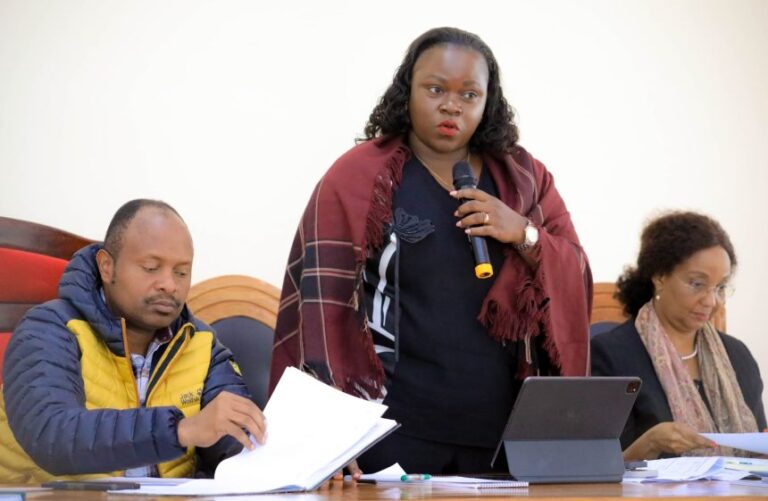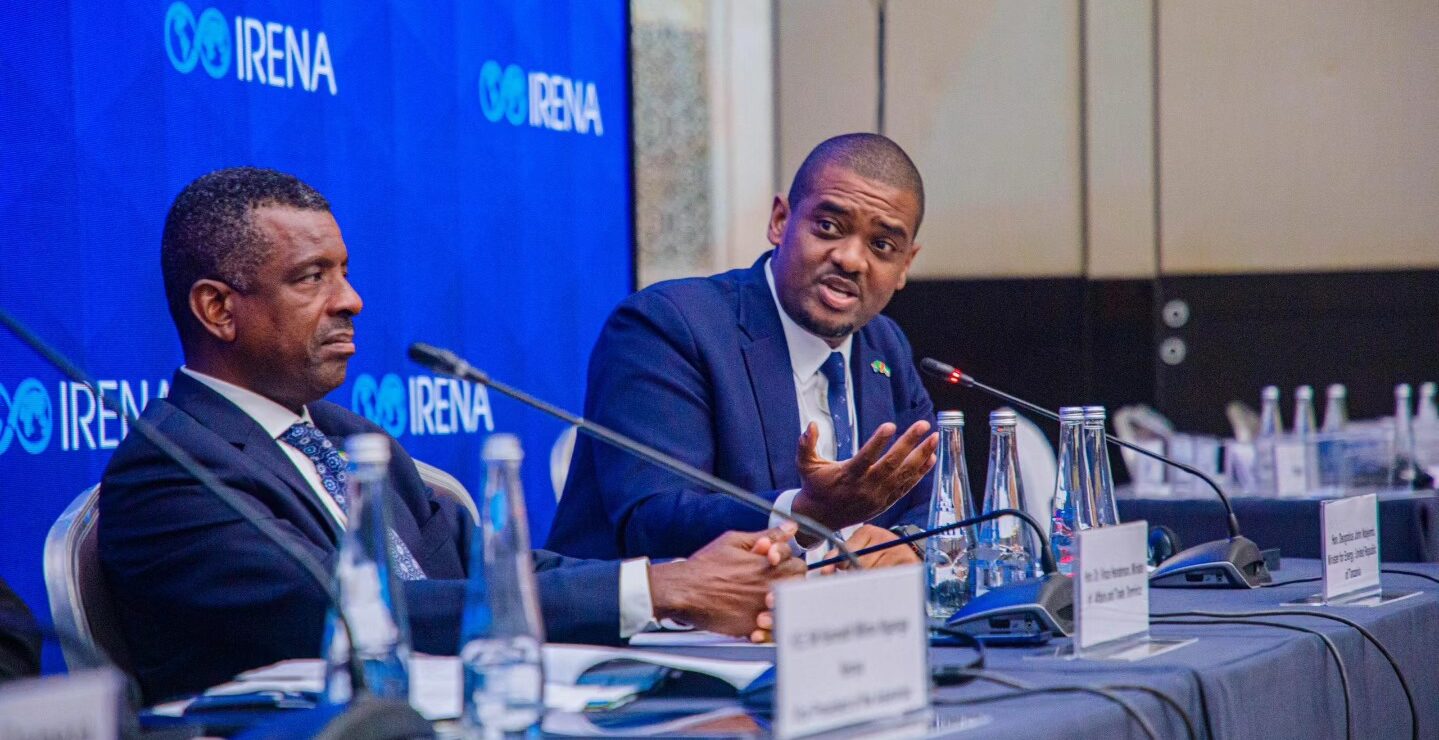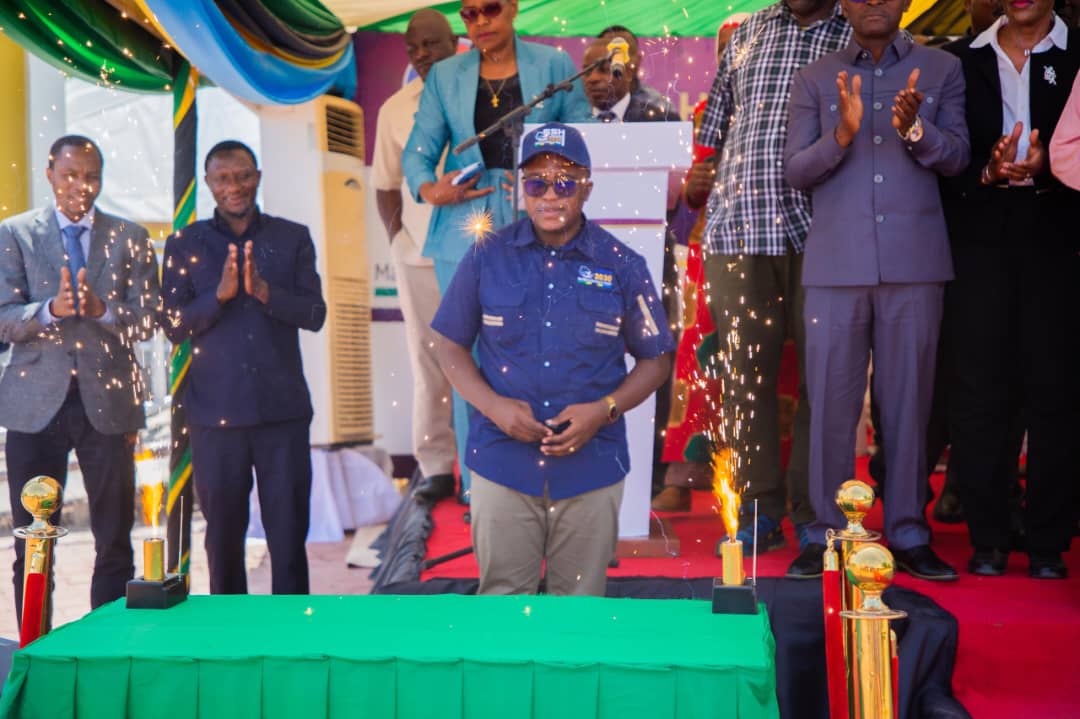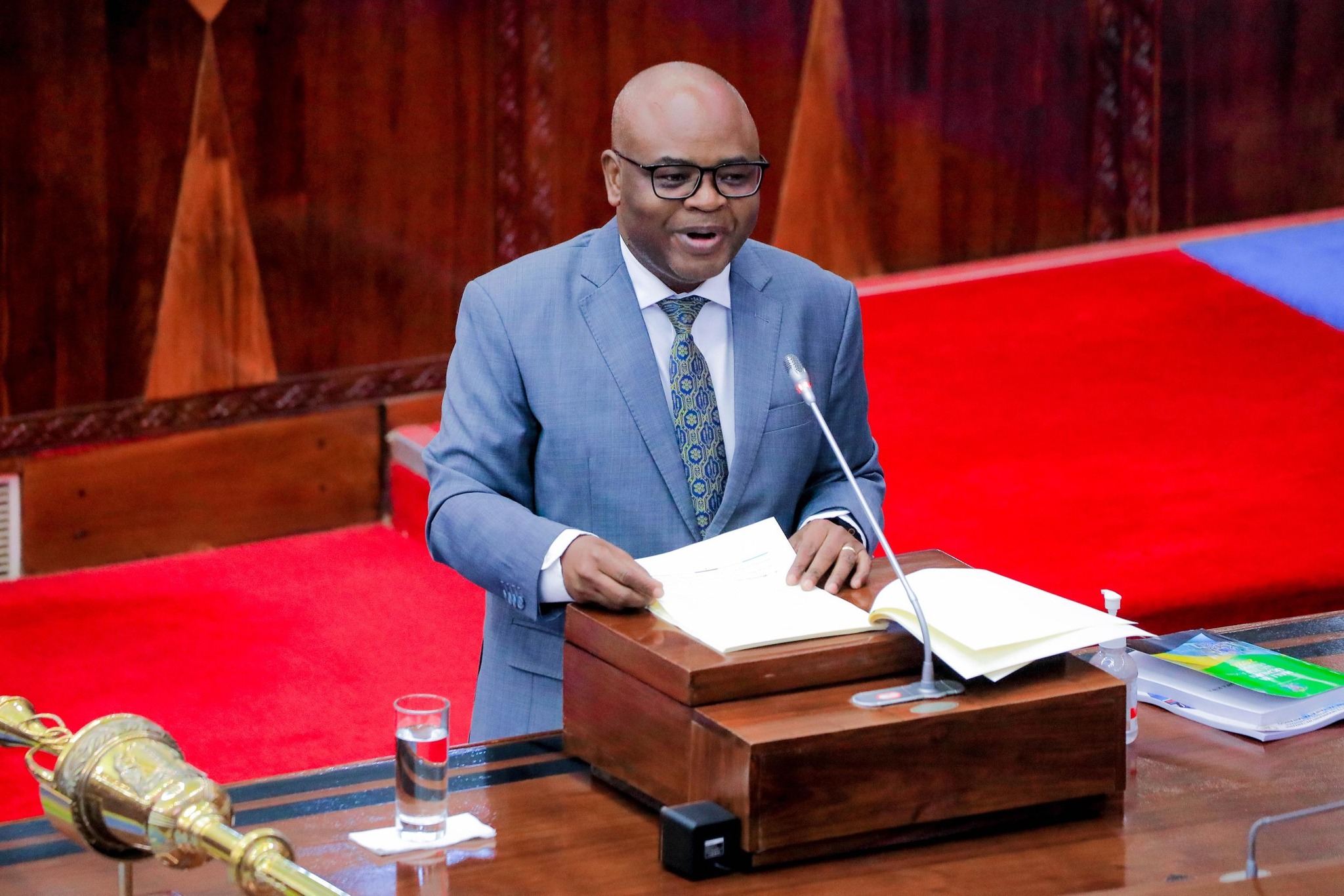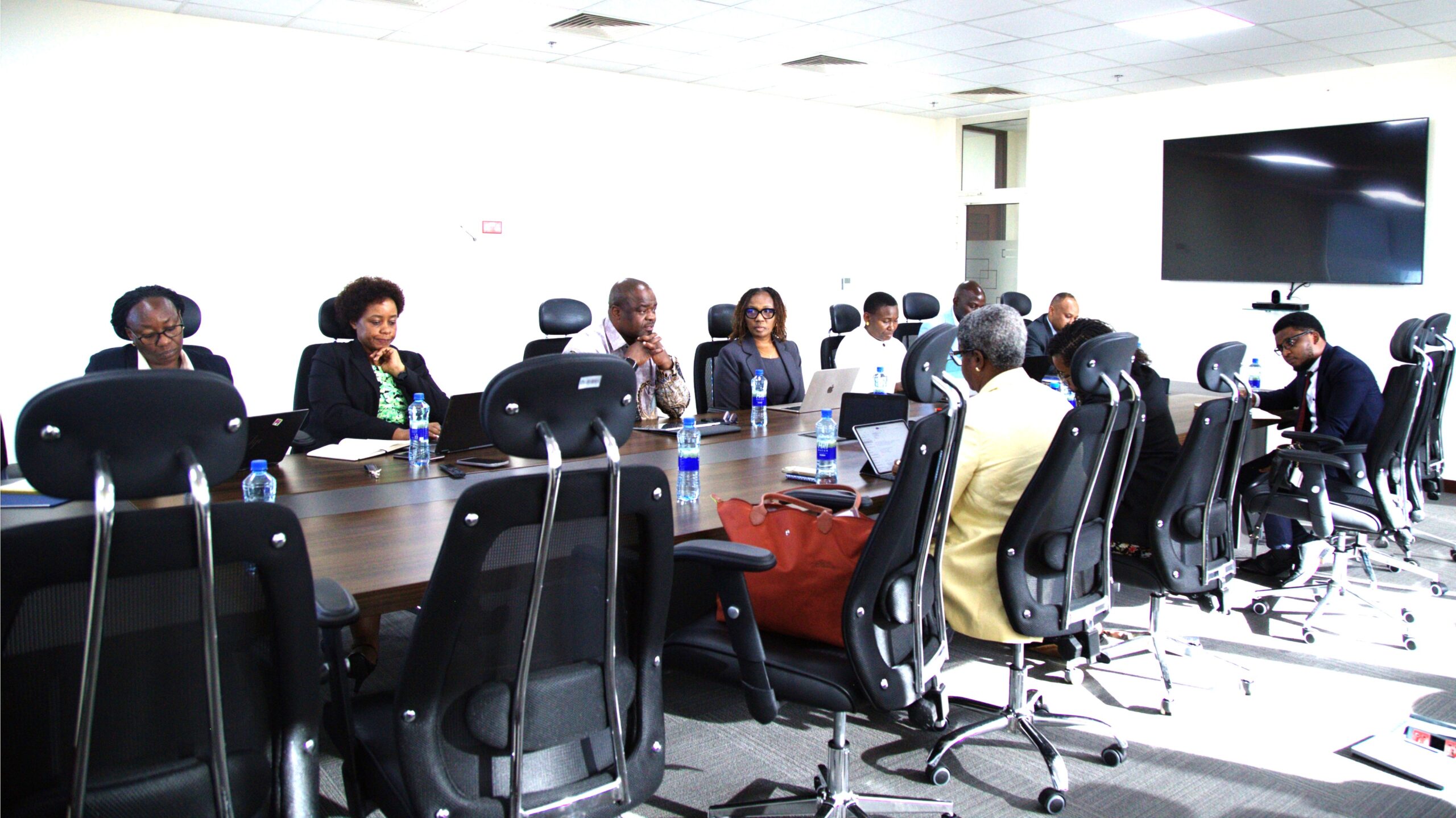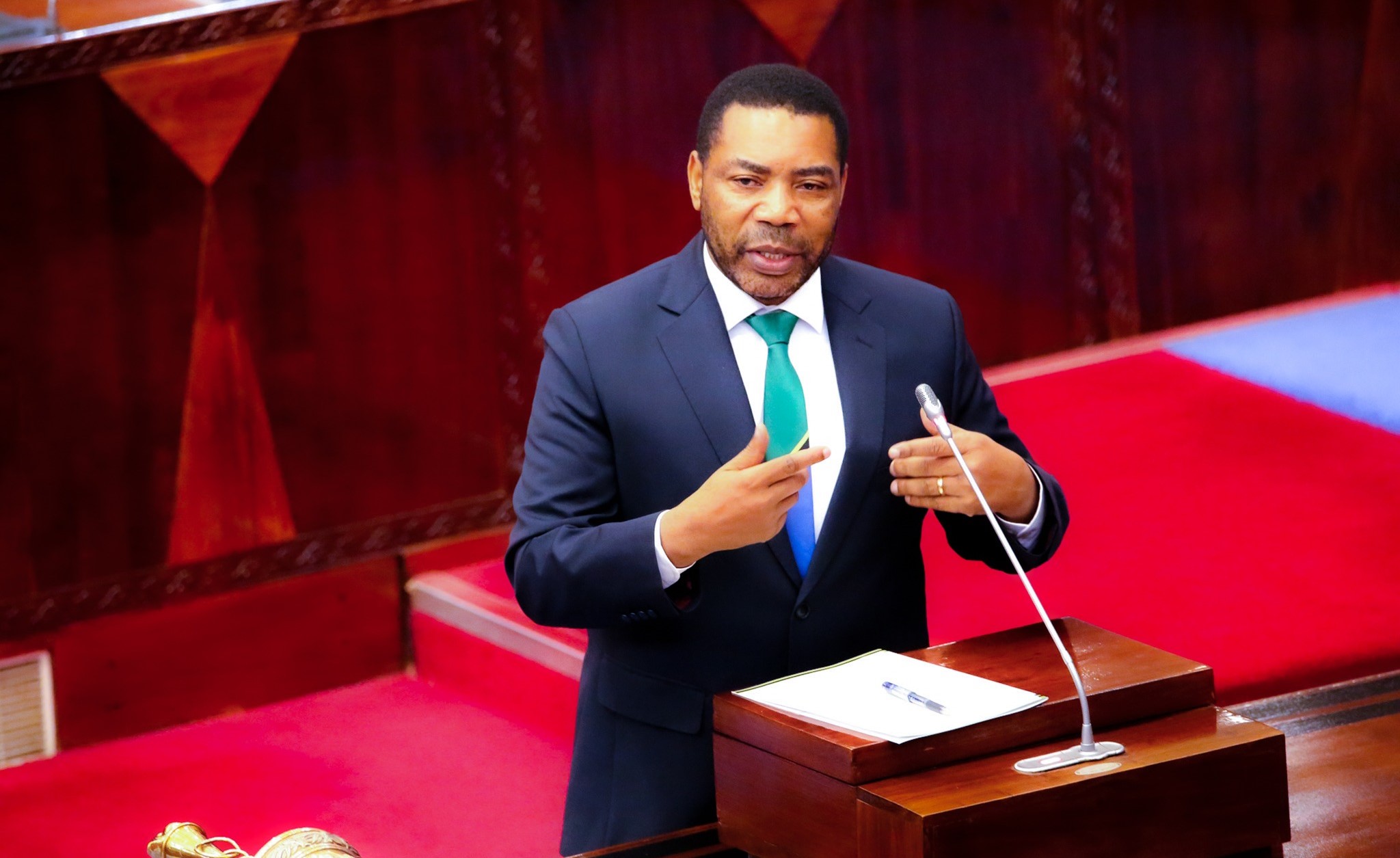Njombe. The Parliamentary committee on Energy and Minerals has advised the government to secure funds for compensating residents affected by the Ruhudji and Rumakali hydropower projects.
The move aims to facilitate land clearance while allowing the residents to resume their daily activities as the government mobilises resources for project implementation.
The committee’s chairperson and Same MP, David Mathayo, issued the statement on 16 March 2025 after receiving a progress report on energy projects in Njombe Region.
Mr Mathayo said the government should prioritise compensation for affected residents, as the assessment has already been conducted, and the necessary payments are well-documented.
“The valuation process has been completed, and the affected residents are aware of their compensation entitlements. It is now imperative for the government to secure the required funds so that these individuals can move on with their lives while awaiting the project’s execution,” he said.
The Ruhudji and Rumakali projects are expected to add over 500 megawatts to the national grid, significantly improving electricity supply across the country.
The committee noted the progress made in extending electricity to remote areas, some of which had never been connected since independence due to infrastructural challenges.
Additionally, the committee praised the Rural Energy Agency (REA) and Tanzania Electric Supply Company (Tanesco) for their efforts in electrifying villages and hamlets across Njombe, achieving near-total coverage despite logistical difficulties.
Deputy Minister for Energy, Judith Kapinga, speaking on behalf of Deputy Prime Minister and Minister for Energy Dr Doto Biteko, acknowledged the committee’s recommendations and expressed gratitude for its recognition of the government’s energy initiatives.
She credited President Samia Suluhu Hassan for her unwavering leadership in implementing power projects, reinforcing Tanzania’s standing in the global energy sector.
On compensation, Kapinga said the government remains committed to compensating all residents displaced by national infrastructure projects, including the Sh63 billion budgeted for Ruhudji and Rumakali.
She cited past projects such as the Tanzania-Zambia (TAZA) interconnection and the extension of the national grid to Katavi, where compensation was successfully processed.
The government aims to ensure universal access to reliable electricity, with Njombe already boasting over 98 percent electrification.
Efforts are underway to connect the remaining nine villages, with additional expansion planned for remote areas to enhance power stability and meet demand.
By 2030, the government targets 75 percent national electricity coverage, facilitating broader access to clean cooking energy.
Kapinga further noted that the Julius Nyerere Hydropower Project (2,115 MW) is nearing completion, paving the way for the Ruhudji and Rumakali projects.
She reiterated that securing additional energy sources remains a priority, and the government is actively sourcing funds for implementation.
REA’s acting director general, Jones Olotu, acknowledged challenges in electrifying areas along Lake Nyasa, citing poor road infrastructure.
However, he assured that efforts are underway to engage a specialised contractor for the task, with feasibility studies ongoing.
Once completed, the electrification of these areas is expected to conclude by June 2025.
TANESCO’s acting managing director, Renata Ndege, disclosed that the Ruhudji and Rumakali projects would require an investment exceeding Sh4 trillion.
Once operational, these projects will not only enhance electricity supply but also stimulate economic growth, create employment opportunities, improve transport infrastructure, and expand access to essential social services.

